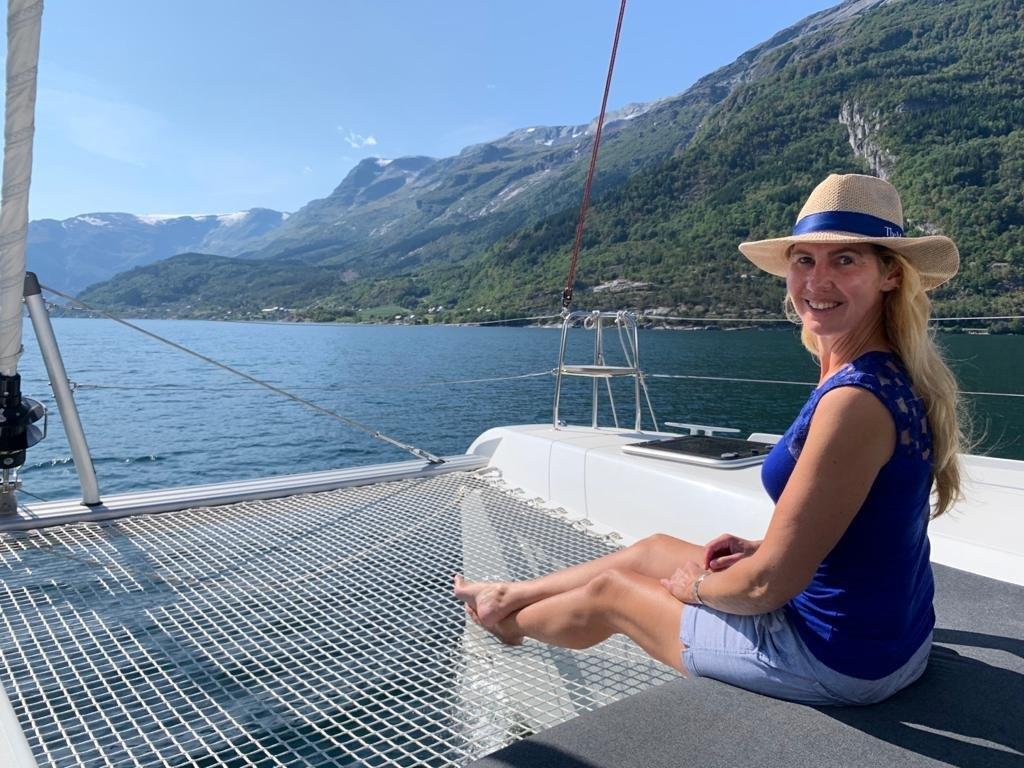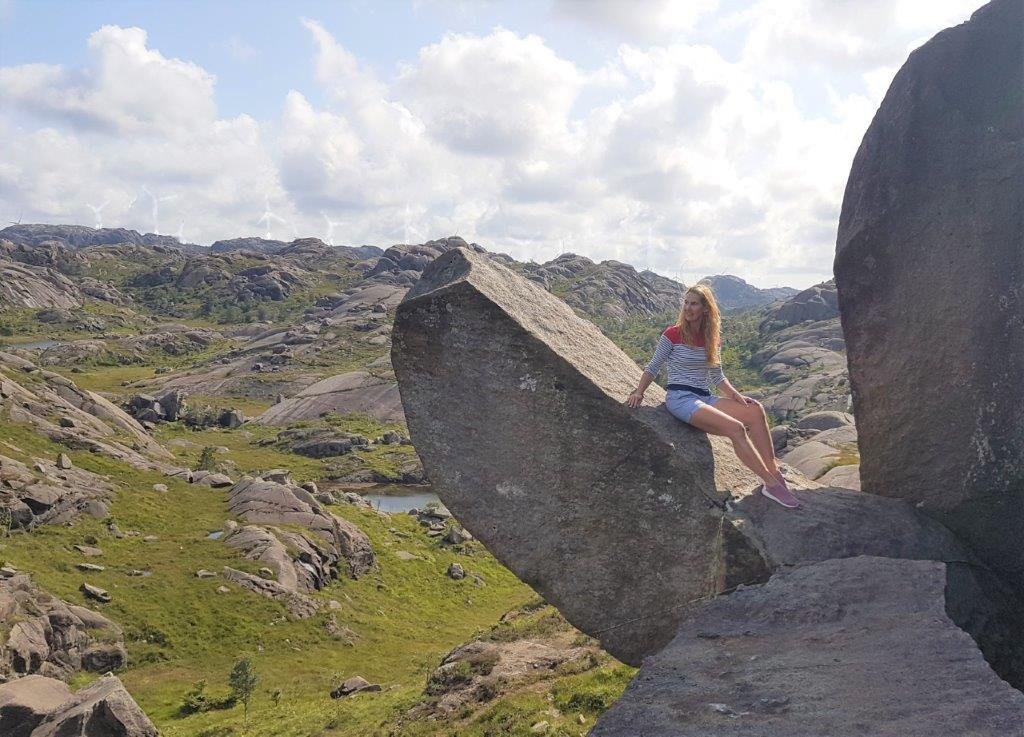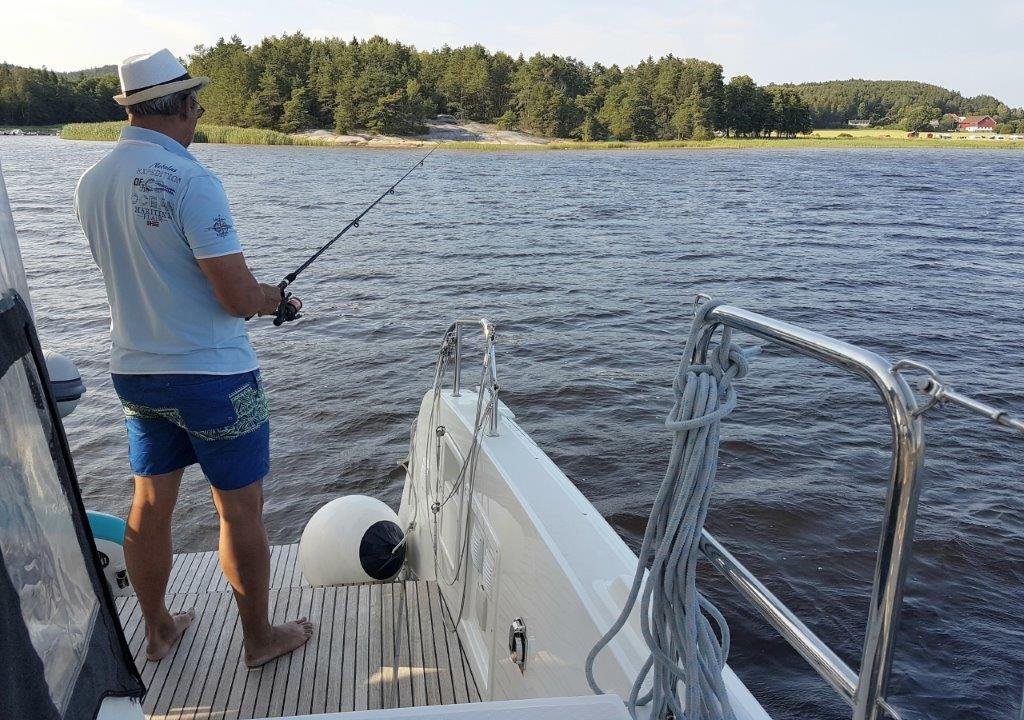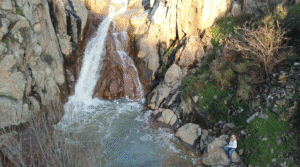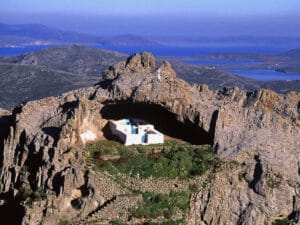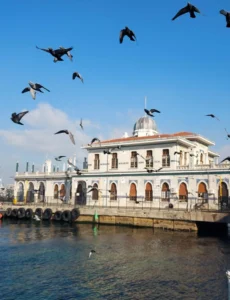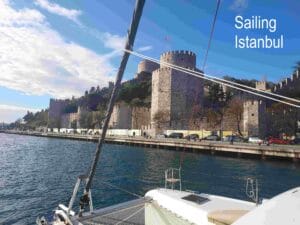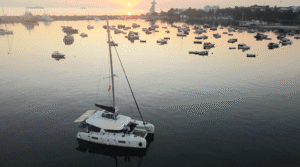‘There is no such thing as bad weather, only bad clothing’. I start laughing when a happy Norwegian tells me this in the middle of October where the change to autumn is noticeable. Still the Norwegians keep enjoying the outdoors. It’s called Friluvstlilv and applies to 365 days of the year. This way of living really is appealing to me, because I experience the benefits of being outdoors myself now that I have been sailing for 5 months.
The expression Friluftsliv was invented by the famous Norwegian playwrighter Henrik Ibsen, who used the term around the year 1850 to describe the value of spending time on outdoor locations. Friluftsliv is not connected to a specific activity. For Norwegians, the word has a deeper meaning, it’s about ‘disconnecting from daily stress’ and being part of a culture where human beings are a part of nature. As a philosophy, friluftsliv is basically about a simple life in nature without destroying or disturbing it.
Five facts about Frilufstliv:
– 95% of Norwegians know the term Friluftsliv
– Friluftsliv has its own law, Friluftsloven, which includes the right to roam
– Norway has several outdoor kindergartens (friluftsbarnehager), where the children spend 80 per cent of the time outdoors
– In Norway, there are government-sponsored “libraries” where you can borrow outdoor gear
– You can take a bachelor’s degree in Norway in Friluftsliv
What helps to freely explore outdoor terrain, is the Norwegian right of access (“allemannsretten”) which has been part of the Outdoor Recreation Act since 1957. It ensures that everybody can experience nature, even on larger privately owned areas. The main rules are easy: Be considerate and thoughtful, pick up your rubbish, and show respect for nature and people. The right to roam applies to open country, sometimes also known as “unfenced land”, which is a land that is not cultivated. In Norway, the term covers most shores, bogs, forests and mountains. In Norway, you can walk nearly anywhere you want. Outdoor recreation has become a major part of national identity, and is established by law. You are free to enjoy the great outdoors and breathe in as much of the fresh air as you want – as long as you pick up your rubbish.
Experts have long known that spending time in nature has a positive effect on both our physical and mental health. The physical benefits of friluftsliv are invaluable because it most often includes some form of physical activity. But equally important are the mental benefits. In a study it is shown that being in nature has clear positive benefits both in reducing anxiety and improving cognition.
Several Norwegian studies show that one of the main motivations for taking part in friluftsliv is the wish to experience peace and calm. In a public survey from 2020, nine out of ten Norwegians reported that they felt feel less stressed and in a better mood when they were spending time in nature. What happens when we pay attention to nature, is that we shift our focus away from ourselves.
There are in general 5 ways of wellbeing you can experience through Friluftsliv:
- feeling connected (through outdoor activities with others)
- be active and stay fit (through hiking, cycling, paddling et cetera)
- take notice (by being curious, catching sight of the beautiful)
- keep learning (get to know a new activity or try a new path)
- give an taking care (by helping others to have a good time outdoors)

